my journal

Our adventures in india 1974 You will find pictures at the end

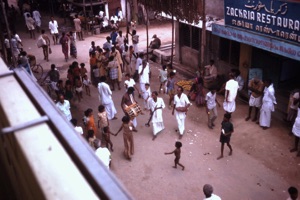
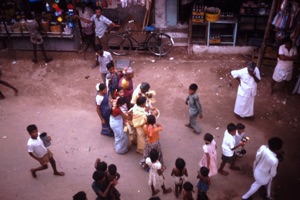
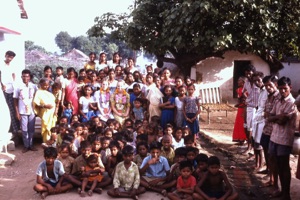
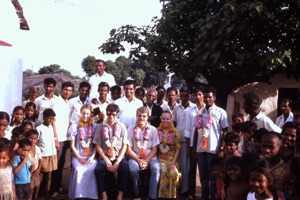
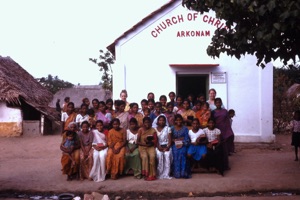


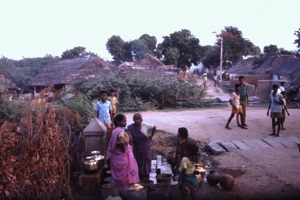
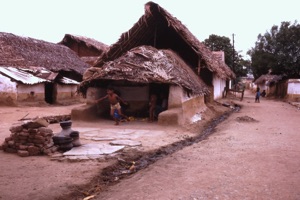
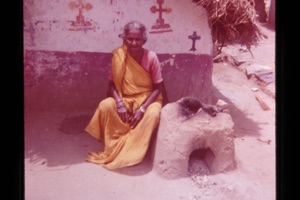
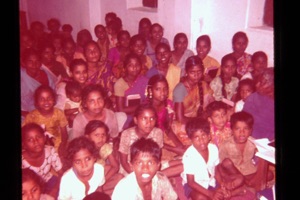
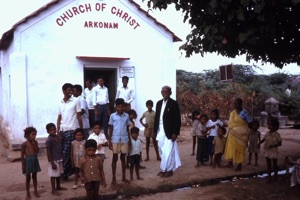
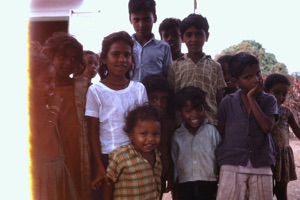
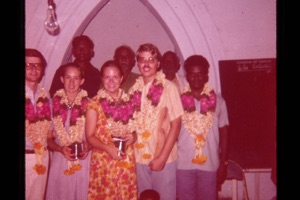
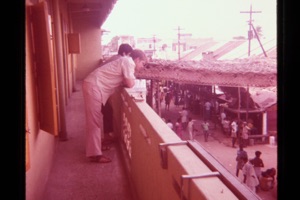

Our hotel in Arkonam
View of the street from our hotel
View of the street from our hotel
View of the street from our hotel
Across the train tracks of the town is The village of Arkonam where we worked
Women at the village well
The Church we worked with in Arkonam
The Bukaloos with Becky and me in front
Becky worked with the ladies of the church.
She was only 23. Aint she perdy.
The ladies of the congregation
Lydia, one of the older members of the congregation
Nagaia, the preacher of the church there.
The women and children at church. The men and women sat separate from one another.
Us, as we are ready to leave for the States. I’m about 20 lbs. lighter.
These children are now grown. I wonder if the church is still there, and if any of these are members of that church.
